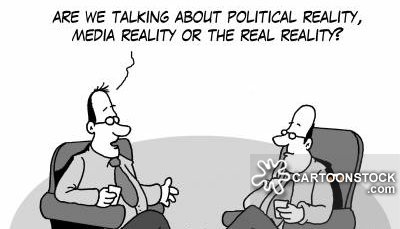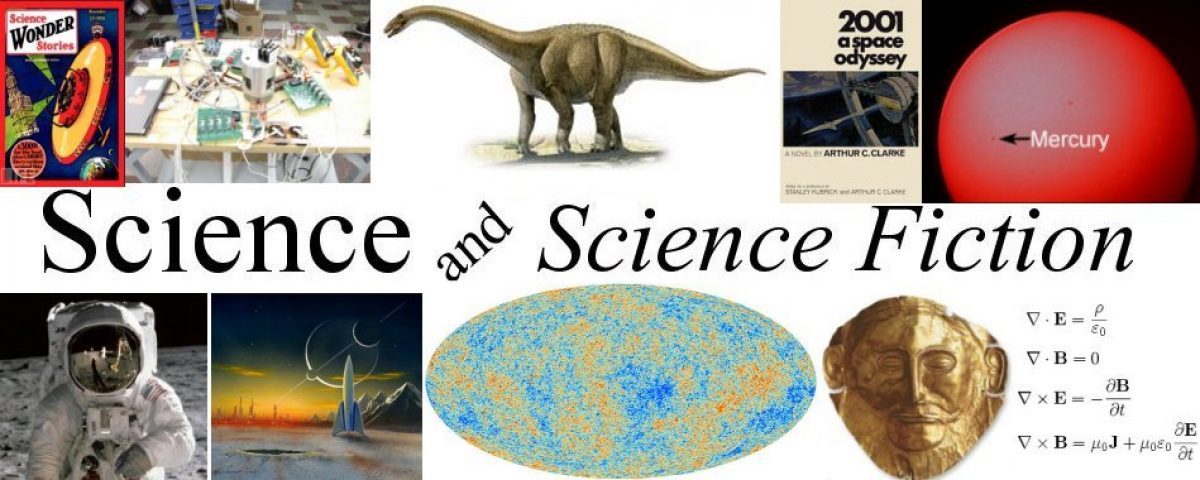In today’s troubled world it sometimes seems as if the truth itself were under attack. Everyday in the news we see partisan opinions being treated as established fact, we see actual evidence being spin doctored until it feels like up is down and the Sun rises in the west. On top of that there are the outright lies, the doctored videos, the conspiracy theories. It’s no wonder therefore that many average, reasonable people are finding to difficult to distinguish reality from fiction, right from wrong.

The reason for this war on truth isn’t hard to understand. There have always been people who make money by lying, who profit by hoodwinking others, who rise to power through deceit and deception. And if you’re going base your career path on spreading falsehoods then your enemies are going to be those people who speak the truth, who rely on facts to make rational judgments, in other words experts.
The way that experts are currently under assault in our society is the theme of ‘The Death of Expertise’ by Tom Nichols. By any definition of the word Doctor Nichols is an expert, his credentials include Professor of National Security Affairs at the U.S. Naval War College and Adjunct Professor at the Harvard Extension School while also serving as an aide on national security issues to the United States Senate. Doctor Nichols knows firsthand about the campaign against established knowledge, he has experienced pushback on his expert opinion from students, laypersons and even experts in other fields.


Doctor Nichols begins by trying to define what he means by expert and layperson, taking the time to look at both terms broadly and narrowly. By expert Nichols broadly means anyone who has received training in a ‘certain subject’ and has acquired a reasonable amount of experience in applying that training. On the other hand Doctor Nichols defines the term ‘Certain Subject’ very narrowly. For example he is an expert on security risks to our nation, he quite aware that he is not an expert on economics, or health insurance or infrastructure. In fact there are several times in his book where Nichols criticizes experts in one field who ‘go out of their lanes’ to pontificate about subjects on which they are as ill informed as any layman.

A layperson therefore would be anyone without a deep background ‘on the subject being discussed at the moment’! And since no one can know everything we are all laypersons on some, let’s be honest many subjects. This is a fact of life, on some subjects we may be experts but most of the time we are laymen. Many of us however find it difficult to accept this situation, preferring to demand respect for our own opinion no matter how ill informed it may be.
As Doctor Nichols points out, this has been the situation for hundreds if not thousands of years. Nobody likes to feel that they are being talked down to, and we’re never quite sure whether or not we should trust someone who advertises themselves as an expert, a skepticism that is actually quite healthy. Over the last several decades however the problem of anti-intellectualism has grown to unprecedented proportions, becoming a serious problem in the way we run our society. No longer do we question those who claim intellectual authority, we attack them.

After setting his boundary conditions Doctor Nichols then proceeds to detail the growth of, and the effect of this anti-expert feeling across a broad spectrum of our society. Everything is covered from the debasement of higher education into a consumer product, to the replacement of the serious study of a subject with ‘googling it’ to the rapid spread on the Internet of outright falsehoods and conspiracies. Using both individual cases and broad studies as illustrations Nichols succeeds in painting a dark picture of the dysfunction that is taking hold of western civilization.

That’s my biggest problem with ‘The Death of Expertise’. Doctor Nichols convinces you of the enormity of the problem and then honestly admits that he has few solutions. I suppose that isn’t a so much a criticism of the book as a feeling of hopelessness. As I was reading ‘The Death of Expertise’ I was constantly reminded of a quote from the German poet Schiller, “Against Stupidity the Gods themselves contend in vain!” I hope that isn’t the future of our democratic society.
In the end we can only hope, as Doctor Nichols does, that those people who recognize the problem, those people who value knowledge and ability will stand against the rising tide of ignorance and work to bring back a respect and reliance upon expertise. That expert and layman will find enough common ground that they can work together for the common good.
‘The Death of Expertise’ is a very important book. I heartily recommend it, but it’s certainly not a pleasant book.
